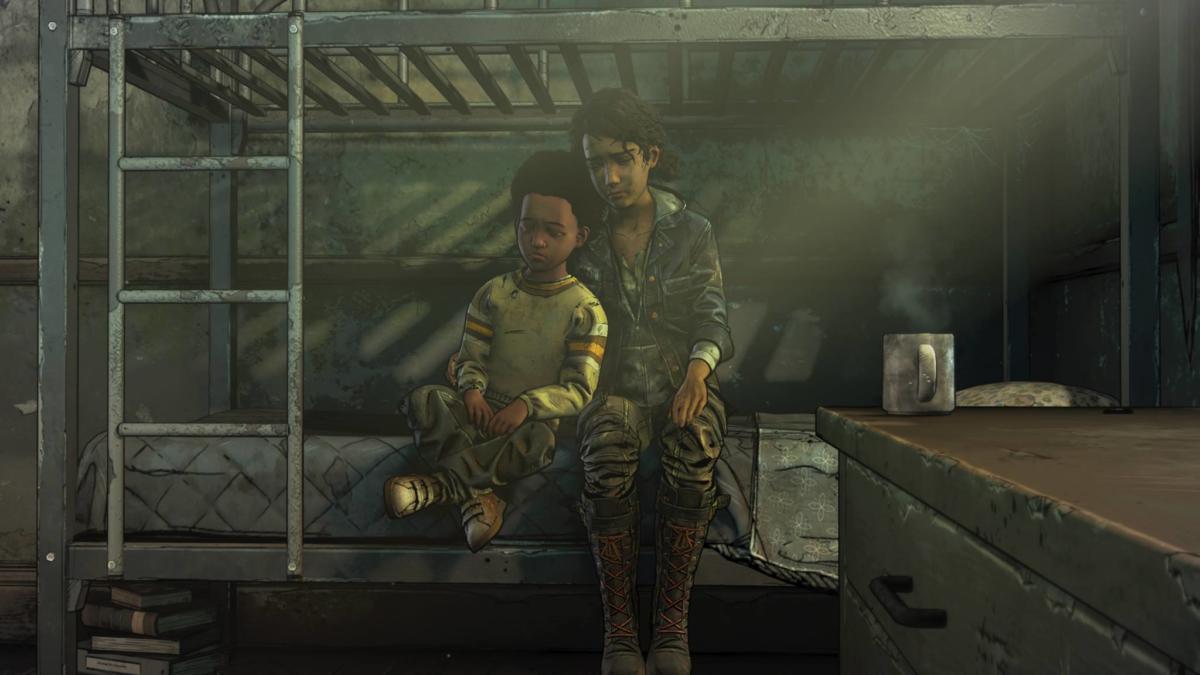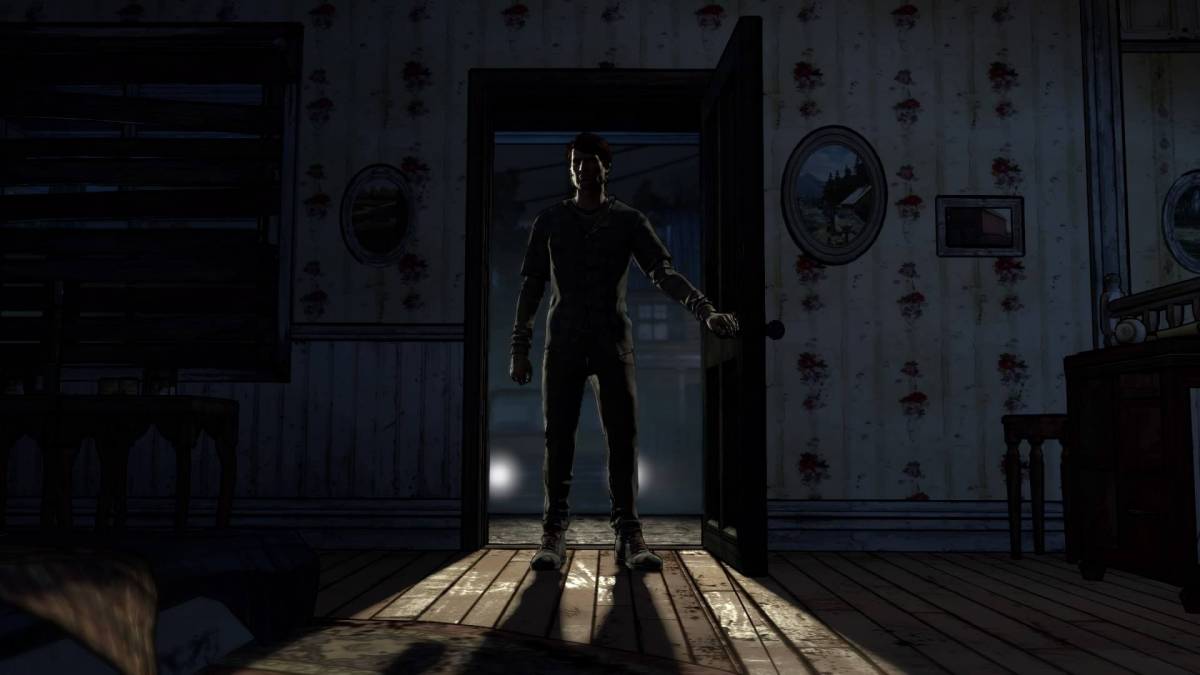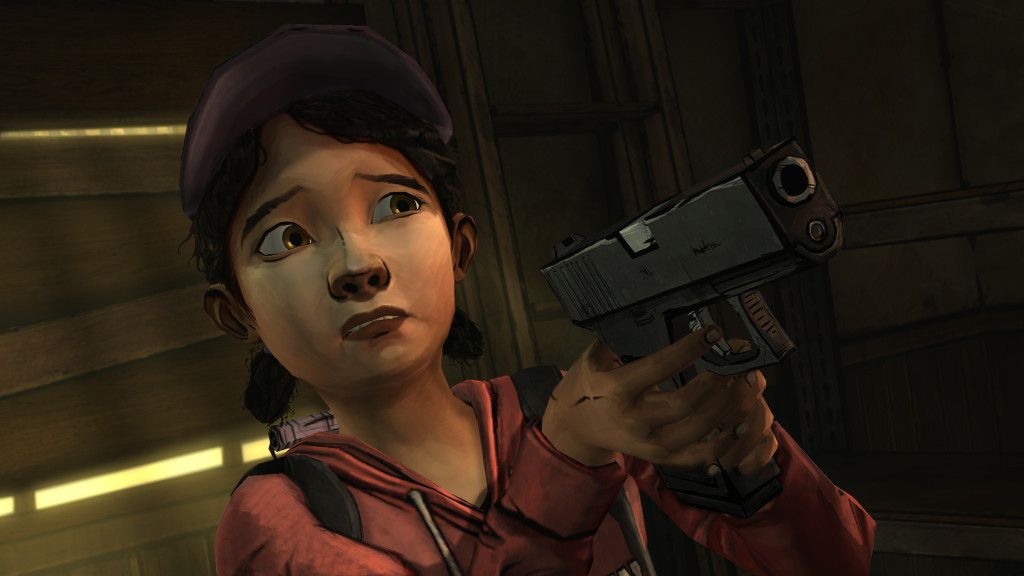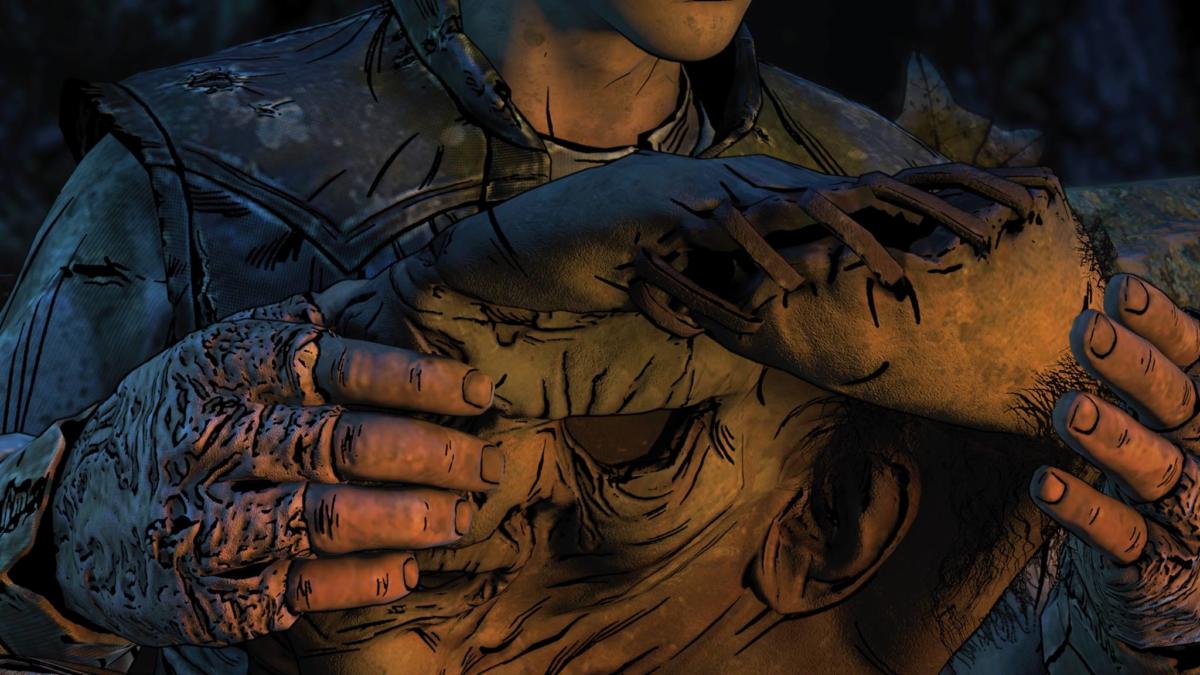Last weekend was a very sad time to be a Telltale fan. After the story-focused game studio unceremoniously sacked 250 of its employees with zero severance pay, one of the most revered companies in modern gaming was reduced to little more than a skeleton crew. Incredibly talented game developers were forced to search for new work and, in a showcase of the community-focused nature of the games industry, many notable studios sprung into action offering any career vacancies they possibly could.
While it’s a time of sadness for Telltale, it’s also a promising new beginning for its talented former designers, writers and all-around creative minds. As they potentially join forces with the likes of Rockstar, Naughty Dog and Ubisoft, Telltale’s exceptional range of storytellers are ready to begin influencing the next-generation of narrative-centric games under even grander banners than before.
But to truly understand what their departure from Telltale means for the industry, it’s first worth understanding how much their influence has spread since they acquired the rights to a certain zombie-centric comic-series all the way back in 2012.
You see, Telltale’s The Walking Dead wasn’t just a monumental hit. It was a game that transcended the limits of indie stardom. Combining point-and-click gameplay, gripping storytelling, emotionally investable characters and incredibly tough moral choices, it popularised the use of divergent narrative in the mainstream, making stories that you, the player, felt personally involved in.
Following its release, The Walking Dead saw itself spearheading a boom of new narrative-driven games; the format and fundamental concepts nestled at its centre coming to inspire many of the mechanics we take for granted in our favourite modern titles. From dialogue wheels to diverging narrative paths, it’s clear that Telltale’s original classic was something of a landmark for video game storytelling, its proof of how effective narrative could be in the medium inspiring many others to focus their efforts on the same goal.
So, in the wake of anticipating what the former developers of Telltale Games will contribute to the industry next, it’s worth looking back at all they’ve donated already.
Popularising The Moral Choice System
“This game series adapts to the choices you make. The story is tailored by how you play.”
These were the words that appeared at the beginning of each and every Telltale episode and were two sentences that would come to communicate Telltale’s single biggest selling point: the moral choice system.
Utilising diverging narrative paths similar to that of Quantic Dream’s Heavy Rain, the story asked questions that rose above what was good or evil, often posing you choices that felt ethically grey rather than black or white. Deciding whether to save one of two people became a dilemma you agonised over even hours after the credits rolled, while stealing food to feed the young girl under your protection became a decision reasoned through responsibility rather than ethics. It was a core mechanic that understood and adapted the core themes of the franchise, asking what became acceptable when the world lost all sense of civilization.
As we now know, this went on to become the fundamental centre of all Telltale’s future projects. However, it also gained momentum as a popular trend in the industry as well. While moral choice systems were used in a variety of games prior to The Walking Dead, its presence helped popularise the system and develop an audience around it. Unlike many other moral choice-centric games at the time, Telltale found a significant following on YouTube (which would become a staple of diverging narrative games going forward) and made the genre increasingly popular as a result.
After the game’s significant success on YouTube and streaming platforms, other story-focused titles — such as Until Dawn and Detroit Become Human — found similar success with audiences, as online influencers of varying fame all promoted the game through their differing playthroughs and choices.
Since helping drive the genre’s popularity, the industry has seen a surge in games centred around diverging narrative. From RPGs like Vampyr to smaller indie darlings such as Undertale, moral choices have began to weave more and more into all genres of gaming, and a massive part of that inception is down to Telltale’s revitalisation of the system.
The Timer-Based Dialogue Wheel
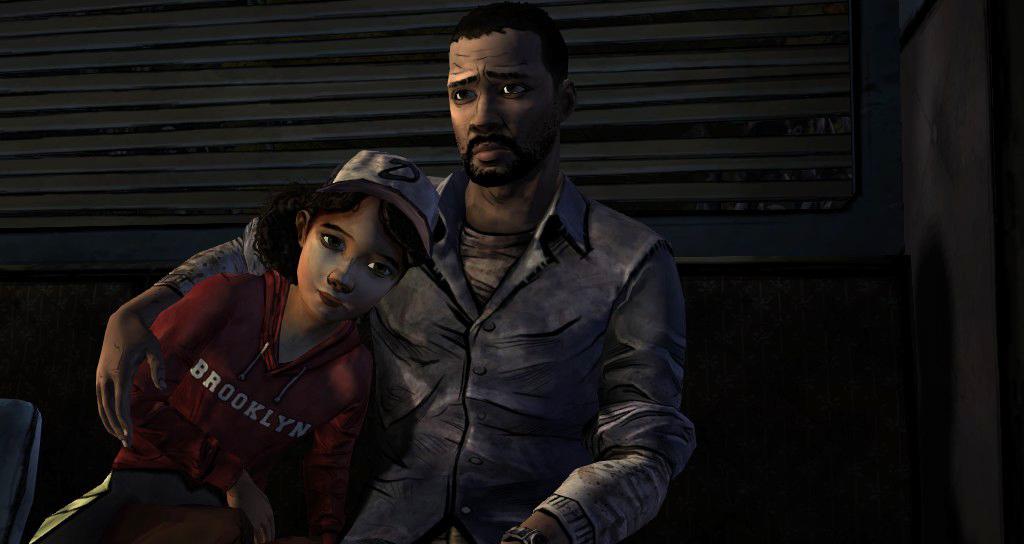
A design many wrongly relegate in their praising of Telltale, The Walking Dead’s approach to the dialogue wheel was a refreshing refinement for conversations in video games. While the likes of Mass Effect and The Elder Scrolls paused time to allow you to select decisions at ease, The Walking Dead’s easy to use four-button dialogue system came attached with a tension-building timer that quickly ticked away until you’d made a decision. Forcing you to make choices fast, it put you in the mindset of characters who had to make stressful decisions at a moment’s notice, leaving how you solved many pressing scenarios down to the quickest rationalisation rather than what you came up with over a lengthy session of pondering.
Much like the moral choice systems, the use of dialogue wheels that forced you to interact on a time-limit found their way to many other titles following The Walking Dead. Indie adventure game Firewatch utilised the time-based countdown mechanic and diverging dialogue paths frequently over its runtime, while the recent Life Is Strange 2 also picked up the system as well.
Episodic Format
Telltale’s approach to releasing The Walking Dead was also something of a game-changer back in 2012. The now popular idea of segmenting each of the game’s chapters into episodes that would release a month or so apart did a lot for The Walking Dead’s presence in the gaming eye, each chunk of the story reigniting interest in the title throughout the year. It led the game to become a major talking point between fans: the crazy cliffhangers, character revelations or theories for future episodes creating excitement for where Telltale could possibly take the series next.
This was a risky move that paid off exceptionally well – so well in fact that it spun into a favoured form of release for smaller developers all over the industry. Not only did it encourage audiences to maintain interest in independent games, but it also meant titles could develop over time and through player feedback.
While Dontnod Entertainment utilised it for Life Is Strange and The Odd Gentlemen for King’s Quest, what was even more surprising was how much it was used in bigger franchises. Both Resident Evil: Revelations and the new iteration of Hitman both implemented the unique release format, while the currently unreleased remake of Final Fantasy VII aims to do so as well. Despite some taking issue with it during The Walking Dead’s first season, episodic release schedules have become a favoured format in the industry, many developers using them to generate player excitement while maintaining interest in a game throughout the year.
Rejuvenating Licensed Video Games
When The Walking Dead released, it was unusual for licensed games to find near any critical or commercial acclaim. While Batman: Arkham Asylum had been a big exception for licensed titles in recent years, at the time, a game-of-the-year-level Walking Dead adaptation would be laughable, especially as it traded in action for point and click adventure-style gameplay. Fast-forward to the end of Telltale’s career and we’ve seen Marvel give them access to Guardians Of The Galaxy, DC hand them the reins to Batman and HBO even allow them to work on a Games Of Thrones adaptation.
This was a big deal for the company, but it was also a big deal for licensed games a whole. It showed that putting effort, passion and creativity into adaptations could lead to interesting results, releases like South Park: The Stick Of Truth becoming massively popular due to their similarly unique approach to the source material.
In many ways, The Walking Dead was proof that licensed adaptations were more than just spin off pieces of entertainment. They could become entries in franchises that connected with a whole different audience to the source-material’s medium, in turn creating experiences that deserved artistic recognition in their own right.
A Focus On Story
Arguably Telltale’s biggest contribution, however, was their attitude towards story. Allowing narrative to act as the focus of their experience, The Walking Dead was innovational for demonstrating that optimizing storytelling over gameplay wasn’t necessarily a bad thing. More importantly than that, there was a large audience out there that favoured it. Whether it was the brilliant characters, the dark tone, the surprising twists or the heartbreaking ending, The Walking Dead was not just a great game; it was a ground-breaking work of fiction as well.
Since release, The Walking Dead has inspired a varied line-up of developers to bring storytelling to video games while simultaneously establishing a platform so they’d garner the respect they deserved. Dear Esther, Gone Home, Everybody’s Gone To The Rapture, That Dragon Cancer, Hellblade: Senua’s Sacrifice, The Stanley Parable; the list could go on and on. Telltale helped usher in of a new wave of story-focused games inspiring thousands of developers to create some of the most emotionally effective experiences of the last six years.
At its heart, that’s what the talented guys and girls over at Telltale did all the way back in 2012. They were a defining reason that story-centric games have evolved into one of the most prevalent genres currently in the world, their incredible work on The Walking Dead proving that storytelling and gaming naturally fit hand in hand. While narrative has sat at the core of gaming for decades, it was rare to see a title that put as much heart (and great writing) into storytelling as Telltale, their approach to cinematic narrative making you feel like you were in control of a fantastic TV show or rewriting the panels of your favourite comic book.
As the former-employees of Telltale move on to brighter pastures, it’s only right to remember all they influenced when unveiling The Walking Dead all those years ago. Their work has made us cry, made us laugh and, worst of all, made us feel unbelievably ashamed whenever the words “Clementine will remember that” flashed across the screen. For most of us, they’re experiences we will never forget.
Their love of character-development, hard-hitting moral questions and subverting expectation means that their work will be remembered for a long time to come. More upliftingly, however, it means that wherever they go, their futures will be watched with great anticipation and excitement. All the best Telltale alumni and thanks for the ride. We can’t wait to see what you do next.
READ NEXT:
– Telltale’s The Walking Dead: The Final Season – Episode 2 (PS4) REVIEW
– The Best Zombie Games
– The Walking Dead: The Final Season Points Towards Telltale’s Future
Some of the coverage you find on Cultured Vultures contains affiliate links, which provide us with small commissions based on purchases made from visiting our site. We cover gaming news, movie reviews, wrestling and much more.



